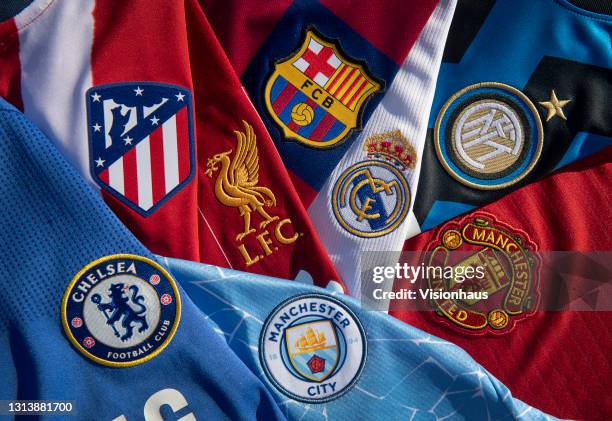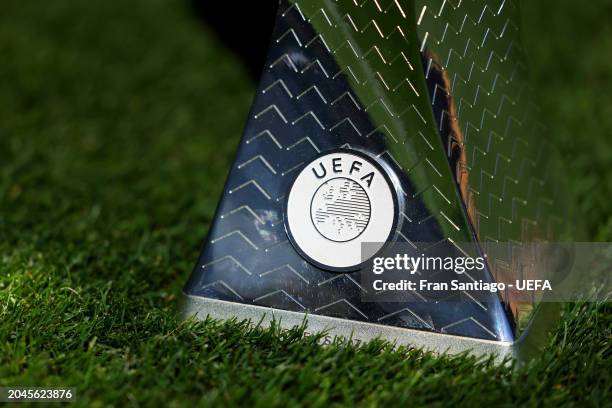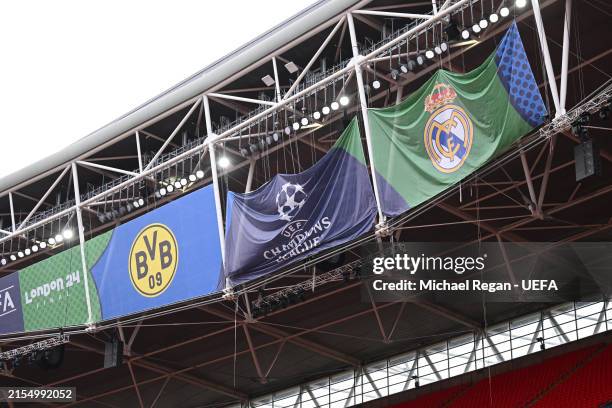Recently, there is an important judgment in the Spanish court in favor of clubs of the European Super League (ESL). During the hearing, the court said that UEFA and FIFA were wrong to bar the ESL clubs from participating in the new competition.
On the contrary, this has been a seminal decision in the ever-drawn war between the Premier League, UEFA, or FIFA, and the clubs in the European Super League. Moreover, it illuminates on power and competition that is obtained in European football. This decision further reveals some of the complexity of the relationship between football authorities and the proposed breakaway league. However, this ruling can also open up a new prospect for the development of football in Europe.
Legal Ruling on European Super League

The commercial court in Madrid agreed with the ESL clubs’ argument that UEFA and FIFA acted in what can be described as anti-competitive fashion and abused their dominance by having the ban imposed on the clubs. At the same time, this decision undermines the European and world ruling bodies. Raising more fundamental questions on the governance of elite football competitions.
following the ruling, UEFA highlighted the need to disassociate the decision with support and endorsement of ESL or its propositions. Moreover, UEFA still holds that all the changes that were made to the rules after the failure of the ESL proposal in April of the year 2021 have not been influenced by court decisions. Despite controversies, the fact remains that UEFA has stood its effort to maintain the integrity of regulations governing European football.
European Super League Saga and Public Backlash
Consequently, the ruling has both short and long-term significant effects on the football landscape in Europe. Bernd Reichart, the chief executive of A22 Sports Management, addresses it as the right step in cultivating a viable club football competition. However, when deciding on obligations, the court threatens the monopoly of the settled governing bodies. It may signify the beginning of change in the balance of power in the world of elite club football.
The ESL crisis occurred in April 2021, when 12 elite teams across multiple football nations came up with a new competition, including top English teams. The news caused a plethora of negative reactions, including criticism, protests, boycotts, and sanctions from fans, football-related bodies, and governments. This in essence precipitated the failure of attending to the ESL plans within the first 72 hours. The abrupt downfall of the ESL proposal served as a reminder of the power of the public and European football’s traditions which remained strong regardless of the circumstances.
Divergent Perspectives from European Super League Saga
The ESL conflicts have continued to shake stakeholders involved in the company after the court’s verdict. While A22 Sports Management found them beneficial, UEFA and La Liga stressed the fact that this ruling was not an approval of the ESL plan. However, the compared approaches demonstrate the specificity of the legal and regulatory processes around the elite-level football competitions.
Besides, the legal changes around the ESL raise concerns about the prospects of football and anti-trust laws covering elite competitions. Additional aspects that bring an era of possible change into the football structure include the appearance of competing tournaments, increased powers of the European Clubs’ Association, and FIFA banning domestic matches from being played in overseas territories. In any case, what has now happened shows that European football is on the verge of changes regardless of the effects that this decision may have in the short term.
Conclusion
The Spanish court’s ruling in favor of the ESL clubs against UEFA and FIFA represents a pivotal moment in the ongoing battle for control and competition in European football. While the legal and regulatory complexities continue to unfold, the ruling has set the stage for a potential reconfiguration of the football landscape, with far-reaching implications for the future of elite club competitions in Europe.
About the Author
Edmund Jaja is a sports enthusiast, Content Writer, Editor, and Storyteller from Nigeria. He’s been a die-hard Cristiano Ronaldo and Manchester United fan since the Fergie era, with the zeal and passion to inspire through writing.
For More Great Content
Check out all the great content Total Apex Sports has to offer. Check us out on X @TotalApexSports and our other sites: Total Apex Sports Bets and Total Apex Fantasy Sports.



